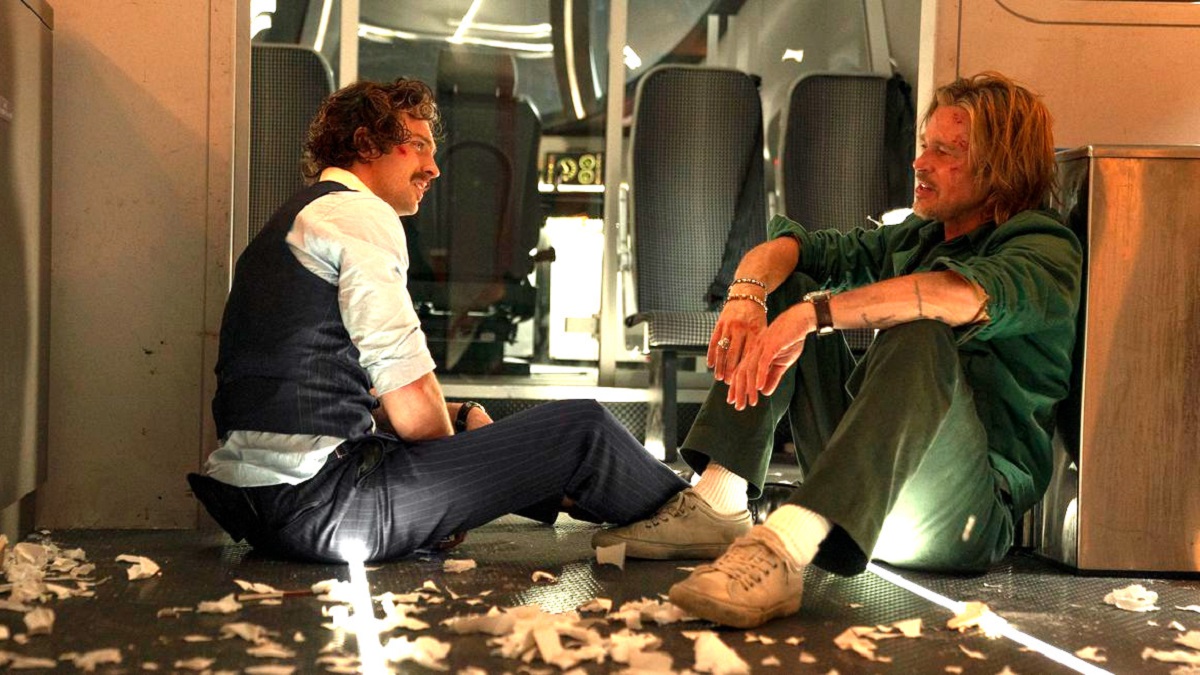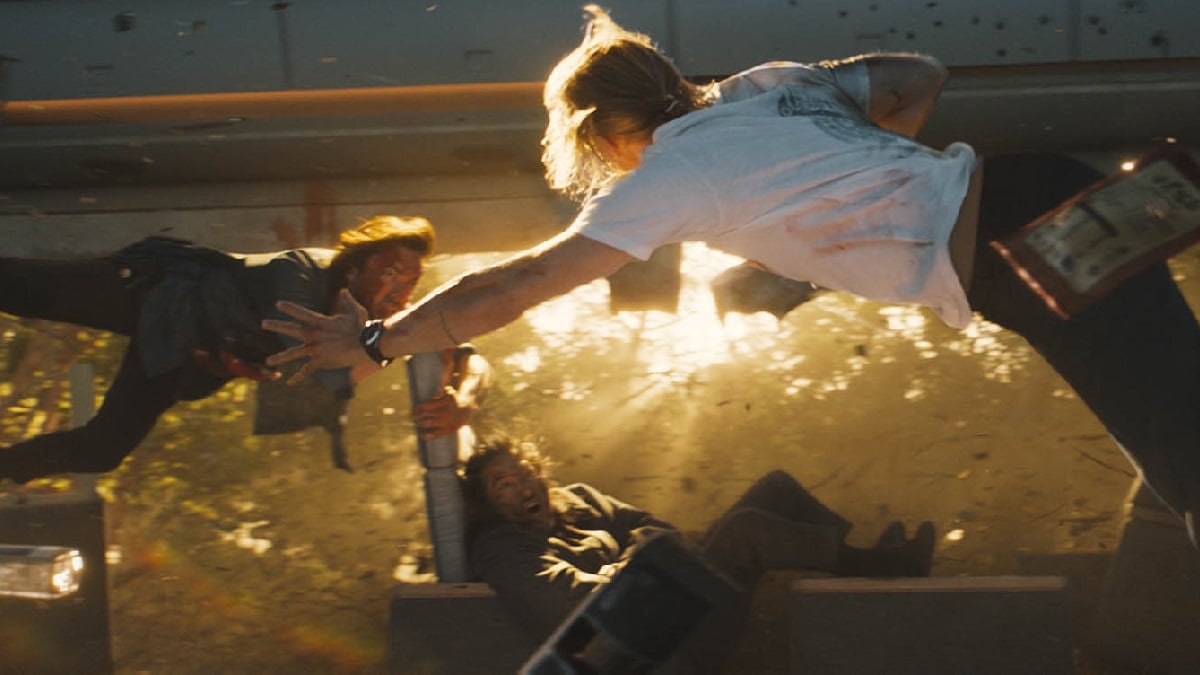Hollywood has finally been making a concerted effort to increase representation and diversity across the board, but the age-old issue reared its head before, during, and after David Leitch’s blockbuster Bullet Train rolled into theaters this summer.
Adapted from the novel Maria Beetle by Kōtarō Isaka, it didn’t take long for the film to be called out for its predominantly white cast playing characters originally depicted as Japanese in the source material. The Executive Director of the Japanese American Citizens League blasted the decision, as did the president of Media Action Network for Asian Americans.
As for Isaka himself? His rebuttal was that the roles he’d penned were “ethnically malleable”, and that the context wasn’t really key because the assassins onboard the titular mode of transport are “not real people, and maybe they’re not Japanese”. It was a hot topic of conversation for a while, but in the end, it did little to dent Bullet Train‘s box office success.

In the face of middling reviews that criticized the nonsensical plot, ropey CGI, and haphazard pacing, the off-the-rails actioner overcame the quadruple threat of a lukewarm critical reception, the pandemic-afflicted box office, its R-rating, and the negative publicity to earn a respectable $239 million at the box office.
It’s since become a monster on streaming, too, with Bullet Train currently tearing it up on multiple platforms. As per FlixPatrol, the style-over-substance escapade is the number one film on Amazon, the second-ranked feature on iTunes, the fourth top-viewed title on Google Play Movies, and it’s even on the cusp of breaking into Netflix’s global Top 20.
Both sides of the divide made their arguments heard, but in the end, the train couldn’t be slowed down.











Published: Nov 9, 2022 03:05 pm